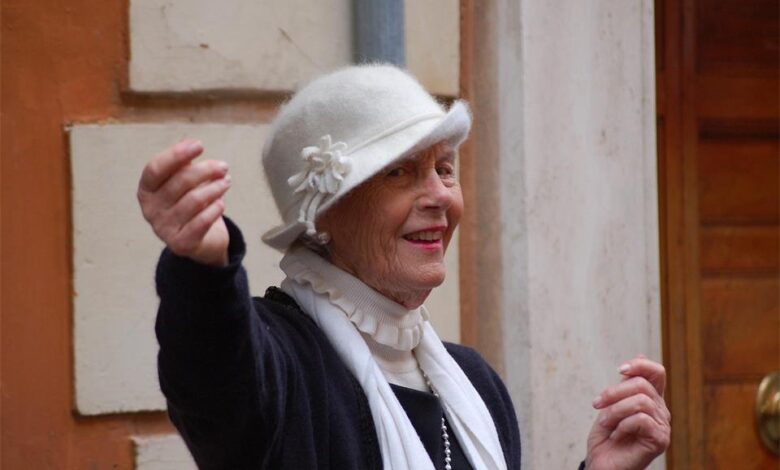How Important is Spiritual Well-being for the Elderly?

As people grow older, physical health and medical needs often take center stage, but emotional and spiritual well-being are just as important. Spiritual well-being isn’t only about religion; it’s about having a sense of peace, purpose, and connection.
For many older adults, nurturing the spirit brings comfort, strength, and a deeper appreciation of life, especially during times of change or uncertainty.
Finding Meaning and Purpose
In later life, many people begin reflecting on the journey they’ve taken. They look back at their memories, achievements, and relationships. This natural process can stir deep emotions and questions about meaning and legacy. Spiritual well-being helps provide answers to these reflections.
Whether through faith, meditation, nature, or time spent with family, feeling connected to something greater than oneself can bring a profound sense of comfort and contentment.
When older adults have a strong sense of purpose, whether it’s caring for a grandchild, tending a garden, or through prayer, they often report higher levels of happiness and emotional stability. Nurturing this aspect of life helps to maintain motivation, positivity, and peace of mind, even when facing physical challenges or loss.
Supporting Emotional Resilience
Spiritual well-being can often help many cope with the emotional challenges that come with aging. The loss of independence, friends, or physical ability can lead to sadness or anxiety, but having spiritual grounding provides inner strength and helps people navigate these feelings with acceptance and hope.
Simple practices such as reflection, gratitude, or mindfulness can help reduce stress and promote emotional balance.
Research has shown that older adults who feel spiritually fulfilled often experience lower rates of depression and a greater sense of overall well-being. It reminds them that, even in changing circumstances, life still holds meaning and beauty.
Care Homes Recognizing the Importance of Spiritual Well-being
Today’s care homes increasingly recognize that caring for the elderly means nurturing both body and spirit. Many care homes now take a holistic approach, creating environments where residents can express their beliefs, participate in spiritual activities, and find personal comfort.
For example, a modern care home might offer regular visits from local faith leaders, quiet rooms for reflection or prayer, or group activities that encourage sharing personal experiences and values.
Even for those who aren’t religious, these moments of connection, such as meditation sessions, music therapy, or discussions about life stories, can be deeply enriching.
Staff in quality Dorchester care homes are trained to respect and support residents’ spiritual needs, understanding that this aspect of care contributes greatly to happiness, dignity, and emotional health. By creating a nurturing environment that honors individual beliefs, care homes help residents maintain their sense of identity and inner peace.
Encouraging the Spirit at Home
For families supporting elderly loved ones, it’s just as important to make space for spiritual nourishment at home. Listening to their stories, encouraging time outdoors, or sharing moments of reflection can help strengthen emotional bonds and promote well-being.
The Whole Picture of Health
True well-being in later life isn’t just about physical health; it’s about harmony between the body, mind, and spirit.
Spiritual fulfilment provides a foundation for hope, gratitude, and peace, helping older adults face life’s final chapters with dignity and serenity, so recognizing and supporting spiritual well-being, whether at home or in a care home, ensures that the elderly continue to live not just longer lives, but richer, more meaningful ones.




